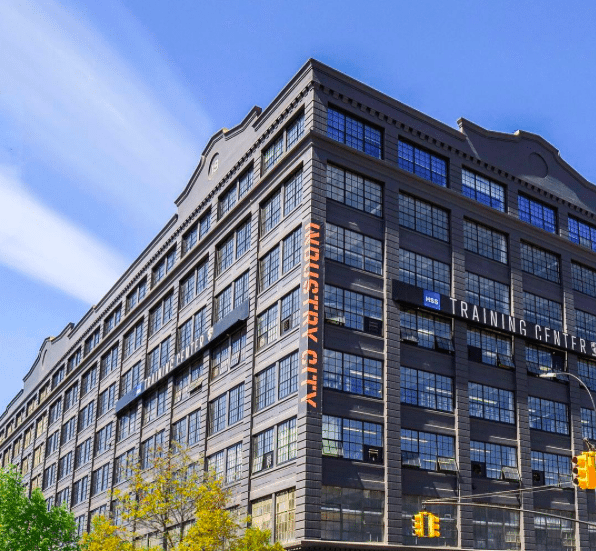Menchaca Wants A Radical Rethinking Of Rezonings





The polls are open until 9 p.m., and despite the hot day, the turnout at my usually sleepy local polling place this morning was impressive. I hope that if you can vote in the Democratic primary and haven't done so yet, that you will exercise your right

Everyone knows your name, but your candidacy seems to provoke strong feelings. What would your mayoralty mean for Brooklyn’s families—especially those who feel let down by both progressives and City Hall, and weary of scandals? If you’ve been in public service as long as I have, you’

The Democratic primary is this Tuesday, June 24, and everyone from the Mayor to City Council members is on the ballot. Early voting continues through Sunday afternoon (check your polling location here). As you probably know by now, it will be increasingly extremely hot this weekend, with temperatures potentially hitting

You’ve represented parts of Brooklyn for years. But Brooklyn isn’t just Park Slope. What would you say to voters in Canarsie, Midwood, or Bay Ridge who don’t see themselves in your coalition? What would your mayoralty mean for Brooklyn’s working-class families—especially those who feel let